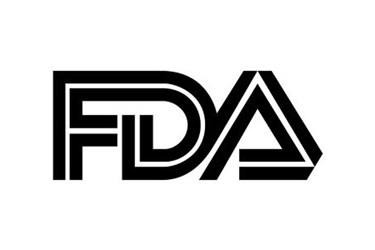FDA Report Examines Personalized Medicine Regulations, Challenges, And Opportunities
By Sara Jerome,
@sarmje

Maximizing growth in the field of personalized medicine will require new technology solutions for mining the vast quantities of data that have become available in recent years.
That is one of the observations in a new FDA report seeking to identify challenges within this emerging medical domain. The report, released this week, seeks to clarify the agency's current and future role in personalized medicine, which it defined as "the tailoring of medical treatment to the individual characteristics, needs, and preferences of each patient."
Devices play a key role, the FDA said. Personalized medicine "involves the use of two medical products – typically, a diagnostic device and a therapeutic product – to improve patient outcomes," according to the report.
A key challenge in this field is figuring out how to take advantage of the flood of new healthcare data that has become available. The medical community needs new technology to make sense of that information and use it to personalize patient care.
"Costs of genetic sequencing have plummeted over the past decade, resulting in an explosion of information. Yet, while information is becoming easier and easier to obtain, the infrastructure to collect, analyze, integrate, share, and mine that information remains lacking," the agency said in the document.
The FDA sees a role for itself in encouraging solutions to this issue. The agency should work to help ensure that information "is being used appropriately and rationally to inform clinical trial design, drug and device development, and clinical practice," the report said.
The role of government in personalized medicine — particularly as it relates to how medical providers collect, share, and use data — is an ongoing policy discussion in Washington.
In an editorial in The Hill, physician and former senator Bill Frist described the value of data to personalized medical care.
"Genetic testing, when coupled with massive clinical data sets made possible by privacy-protected electronic health records, can show predisposition to a growing list of conditions so that preventive action can be taken to maximize health and well-being and minimize expensive interventions in the future," he said.
Frist encouraged government investment in personalized medicine.
The FDA report provided ample background on personalized medicine and the agency's historical role in this field. It attributed the rise of the sector in part to improvements in medical devices, which have created "the possibility for scientists to develop tools to truly personalize diagnosis and treatment."
It pointed to a handful of medical devices as examples of personalized medicine at work. For instance, the tinnitus masker "custom-tailors the audio signals to suit the individual patient’s hearing requirements." Another example is pedicle screw spinal systems, which are "assembled by a surgeon to accommodate a patient’s unique anatomy/physiology using MRI/CT imaging."
The report singled out wireless devices as "allowing for more effective patient monitoring and treatment outside the traditional medical care settings of hospitals, chronic care facilities, and physician," the report said.
An editorial in Forbes said personalized medicine is crucial for economic growth. "Cutting-edge technologies like robotics, personalized medicine based on genetic testing, cybersecurity, big data, cloud computing, digitization, custom manufacturing and quick time-to-market design, among others, are bringing life to the U.S. economy," it said.
